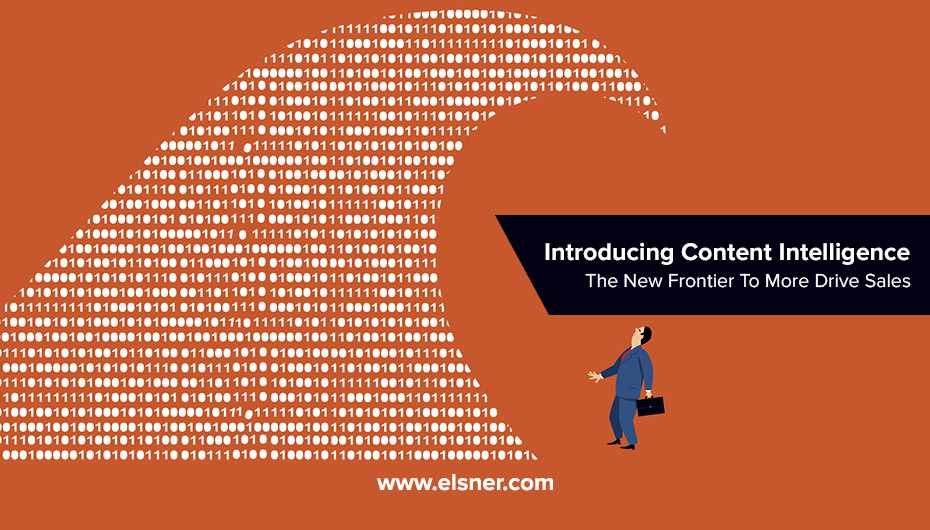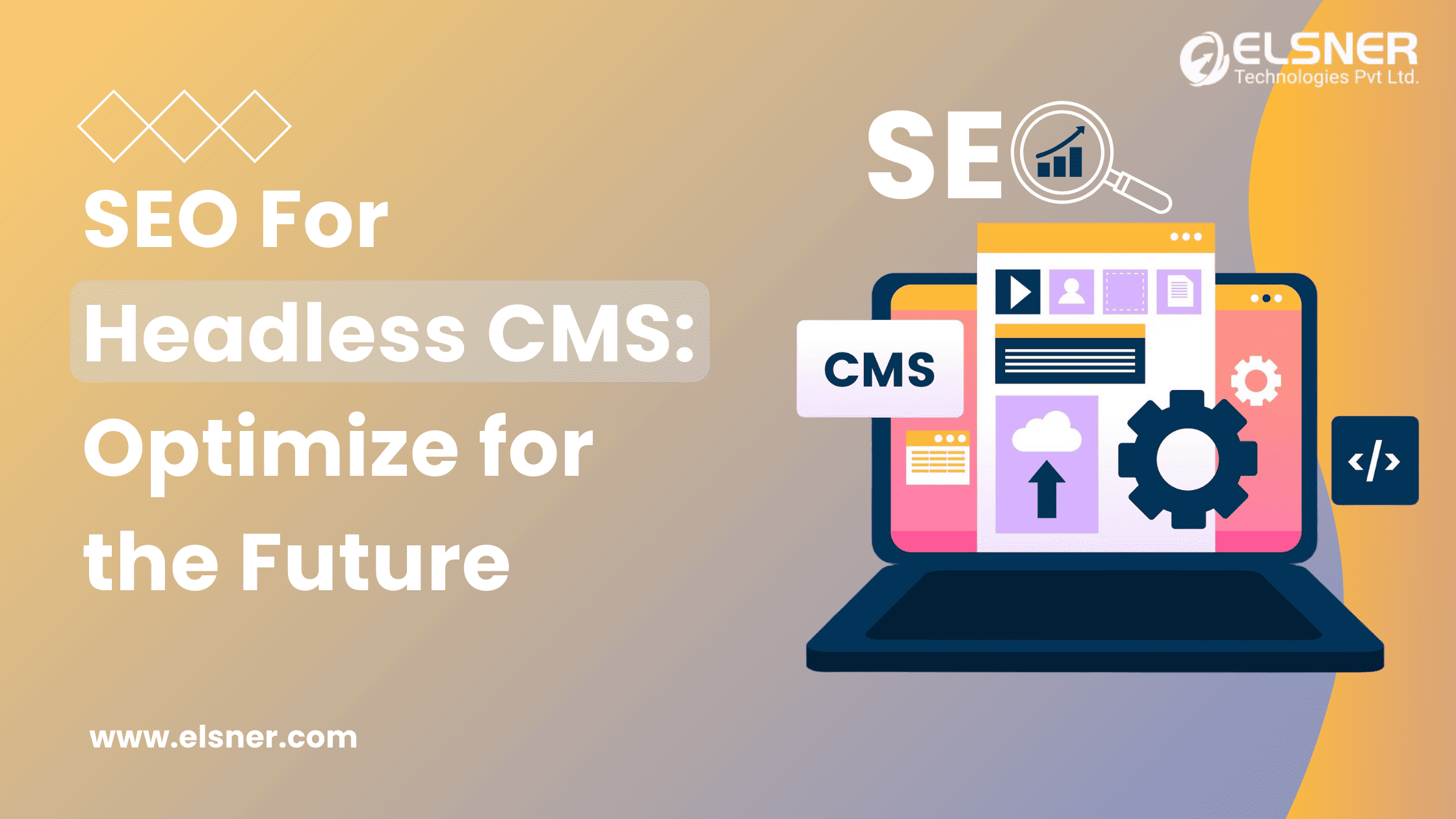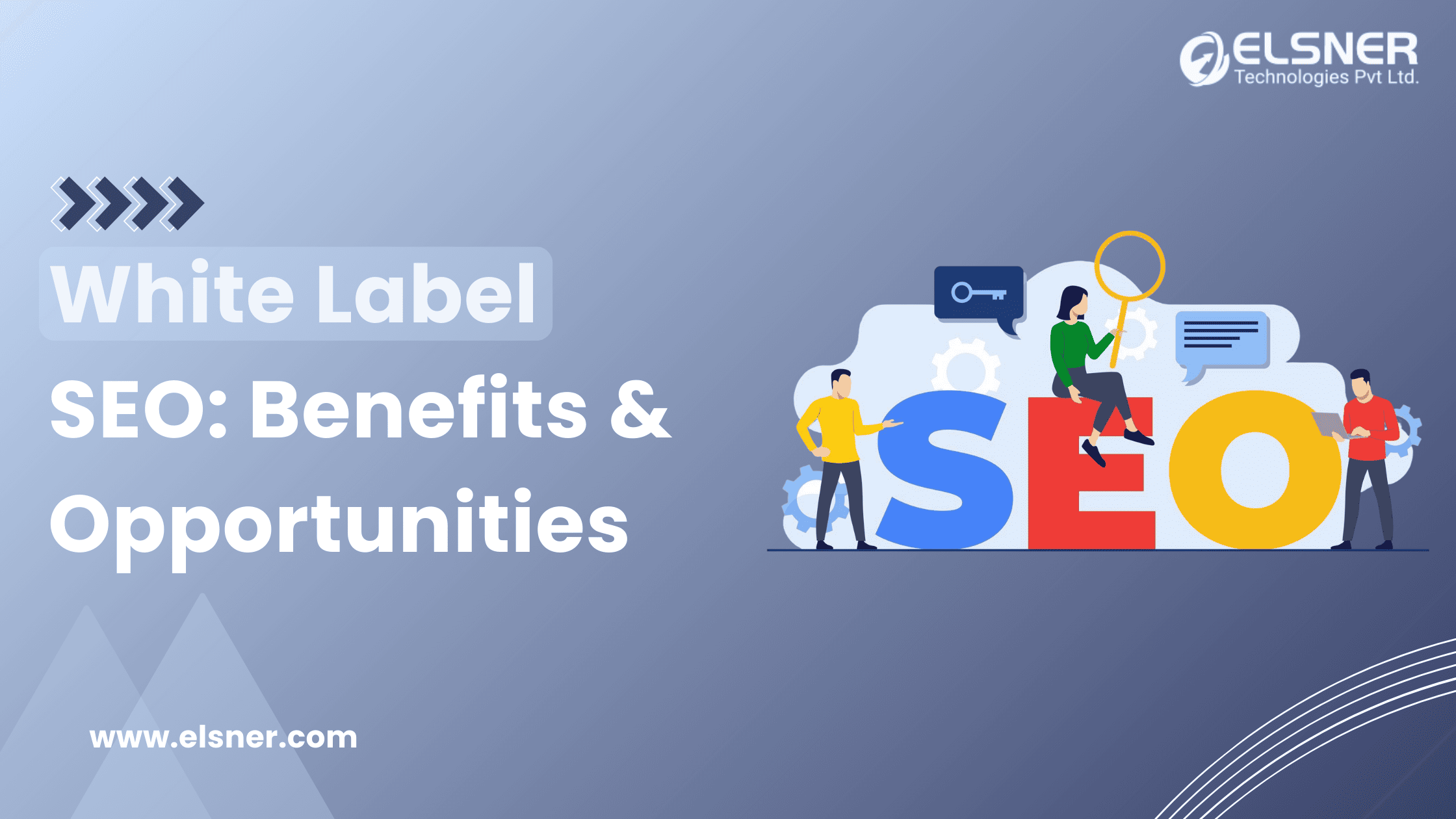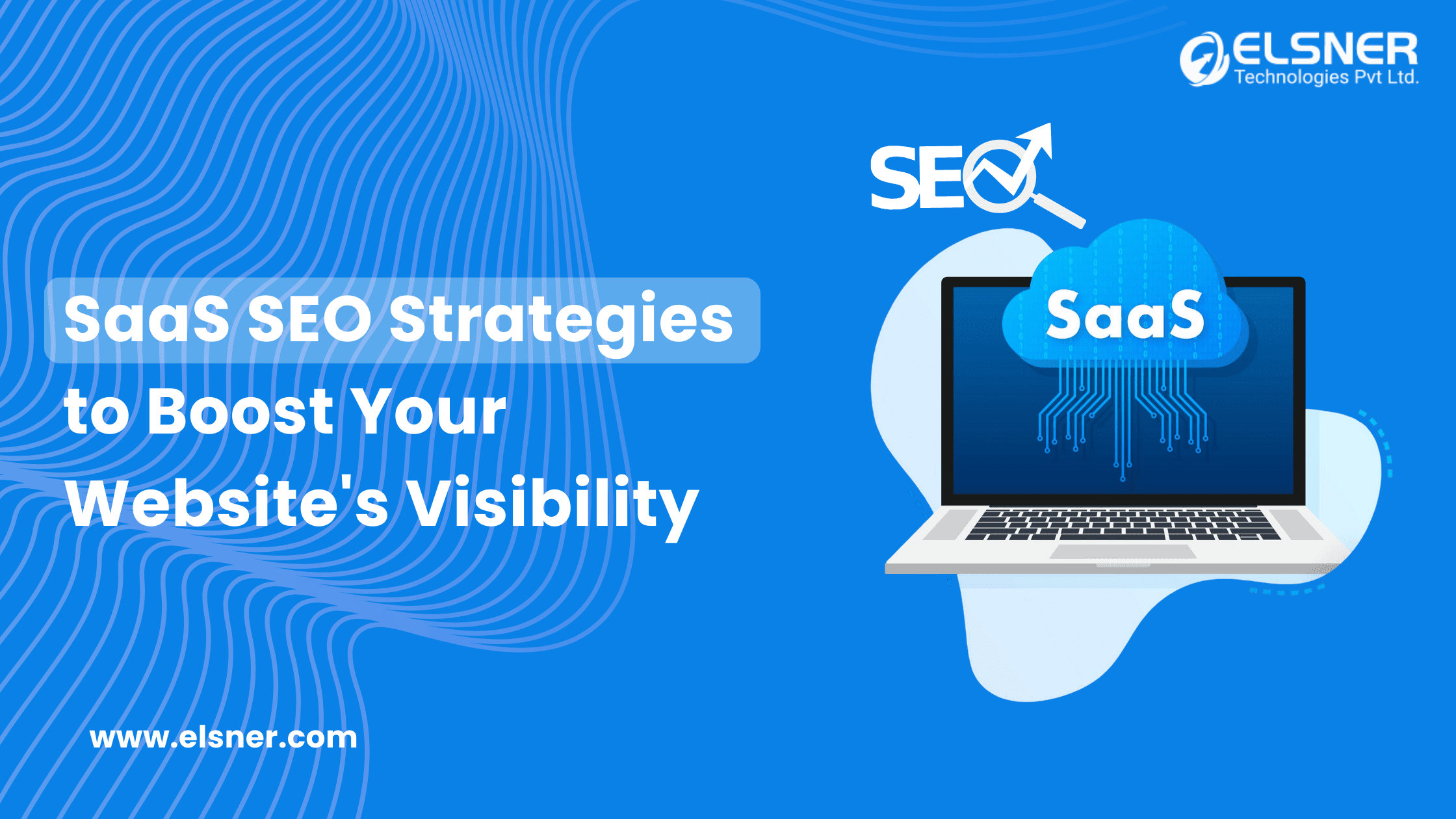- Why and How to Leverage Content Intelligence?
- The key contributions of Content Intelligence on Marketing are:
- Identification of the target audience:
- Content Mapping and guiding through the journey:
- Facilitates you to create the best content for the audience:
- Allows you to know the best time for distribution and promotion:
- Understand the results and how to improve upon content:
- Know which content to update:
- Uncover Content success/failure using Content Intelligence:
Got up in the morning, checked Facebook and Instagram, jumped into the breakfast, checked which shows to be downloaded, meanwhile, the phone pops up the message reminding you of the meeting, while you hop on the transport, you start exploring gift options for a birthday party and what not!
The below stats reveal the amount of content shared every minute.
- 400 hours of video content;
- 347,222 tweets exchanged;
- 4,166,667 times the like option is clicked on Facebook;
- 2,430,555 times Instagram posts are liked.
What do you think, from where does this much amount of data is getting generated?
Obviously through content generation via content marketing. But the next question is, why don’t you reach out to all the other apps that are having a staycation on your home screen?
The common answer is, you don’t resonate with the contents of such apps. Right?
If it was so much easy to google the best content strategy for your business, the world would have been a well-written place today.
The concern that the current marketing strategies were not delivering results was expressed by more than 64% of SMEs. The rest 36% who marked success, 2 out of 5 invested in content marketing and defined success because of quality content and a well-planned content strategy.
It’s almost 23 years to the Bill Gates prediction, “Content is King” is falling right. It is difficult to find a good content strategy, compelling and authentic enough to attract the readers. If you find one, call the content creators “the Magicians” or “the Masterminds”.
Content marketers are moving past the myth, “more is better” and shifting their focus to quality content. Here is when Content Intelligence comes into the play. The popular buzz word has nothing to do with science fiction. It is the commixture of artificial intelligence into the content strategy.
This nascent term defines content marketing in a revolutionized way by integrating software and data science into the content to reap valuable insights fostering a great content marketing strategy.
We all rely so much on the technology in some of the other way in our daily lives that now we can ironically term the AI as “Almost Implemented”. According to Ryan Skinner of Forrester, Content Intelligence is defined as,
“Technology that helps content understand itself- what it’s about, how it speaks, how effective it is at accomplishing certain goals, what emotions it calls to mind and more”
Why and How to Leverage Content Intelligence?
It would be surprising to know that Google invested more than $800,000 in the Press Association’s initiative for generating new stories using AI. Journalists and content creators would be involved in this campaign as the story creation and idealization cannot be fully automized. The intention behind using technology is to facilitate a better understanding of the target audience, evaluate the content and create one that your consumer is looking for. This will be a road map to an effective content marketing strategy. For implementing this, you need to collect data from various sources, understand the demographics, location, customer preferences and more. The data collection would be an exhaustive one which would help content marketers to decide upon which type of content should be shared and which should be promoted. Artificial Intelligence is much touted for content marketing strategy as it would be helping to find relevant keywords, suggest blog topics, create landing pages, etc.Below is an example of companies who invested in the cash cow AI and grabbed a couple of billion dollars. Marketo and Salesforce used lead scoring technology to examine the type of content that is consumed, in what quantity it is consumed and the demographics of the same. On the basis of this implementation, it automatically sends data to the sales team. The sales team forwards relevant content to the user, based on what they really want.This strategy applied drills down into your collected data and helps you to provide content that resonates best with the audience. You would also know better how social media sharing can be used to answer other queries today?. Even the big Giant, Google confirmed that 56% of lead marketers agreed upon data-backed decisions work better as compared to the ones followed by gut instincts and experience. AI thus when implemented provides a room for improving content strategy. Content Intelligence is going much deeper than just the page views, social media updates and is driving more towards the “Real content” and the data associated with it.
The key contributions of Content Intelligence on Marketing are:
-
Identification of the target audience:
Since Content Intelligence is a whole corpus of relevant content it helps best to identify the target audience. Almost 67% of marketers confirmed audience identification and targeting as the top need for content marketing strategy. Isn’t it amazing to use surveys, Google Analytics or CRMs together and not individually to craft important data?
-
Content Mapping and guiding through the journey:
Content marketing competition is just the tip of the iceberg. It has gone much beyond is becoming more ferocious.The old school methods of guessing and delivering the right content are wiping out. It is now the era where you need to make a thoughtful content marketing strategy that will be effective. During every step of the customer journey, this content should be proved useful.Once you have the target audience in hand, you can send them customized email messages acknowledging them about any recent update in the service or the policy. It is always better to make them feel special through messages for building a better connection. For decision making, you can always share with them;
- Case studies;
- Pricing messages;
- Demonstrations.
For consideration, you can share:
- 1. Newsletter;
- 2. Events updates;
- 3. Whitepapers;
- 4. Webinars.
For awareness, you can start with:
- Videos;
- Blog post;
- Social Media posts;
- Infographics;
- Quizzes.
So let’s start implementing it today itself. Should we?
-
Facilitates you to create the best content for the audience:
Creating enticing content is like brainstorming sessions. Analytics can not process themselves. Based on the performance metrics collected you have to start taking action. It might get quite complicated, but you need to deal with dozens and thousands of data collected across sources.
This would help to filter out the content and deliver exactly the one that your audience needs.
It is always better to take help from any of the content intelligence platforms that will simplify the process and remove all the hurdles faced during the processing.
You can also follow what your niche competitors are following for Content Marketing. Try to find out which of their data is popular with the customers and have a good ranking.
Stand out stellar by having some valuable insights on the topics you have published and the topics you are planning to publish.
Though the data collected by implementing machine learnings and AI are accurate, they are incomplete without having a human element within. Incorporate this missing human element and craft an outstanding content strategy.
-
Allows you to know the best time for distribution and promotion:
Distributing content is more than just sharing it across the channel. Not every time is the right time to share your content and this necessity of knowing the preferable time is covered up by Content Intelligence in digital marketing. Some contents need reshare over time and some are just ephemeral.
It is quite challenging to find out your consumer’s time preferences and the type of content they want to see over a particular period of time.
The dated methods for finding out this, “time information” is quite of the trend and marketers should start analyzing data.
You have to avoid being too self-promotional and also picking up complex timing for promotion.
-
Understand the results and how to improve upon content:
No strategy can make you toppermost of the poppermost in just a day. You need to have patience and always be open to improvements and suggestions.
Implementing Content Intelligence, you can have a real-time audit of your content library and keep a hawk’s eye by comparing different competitors.
Select a topic more relevant, study it, analyze and keep a room for strategy improvement. It is pretty obvious that even with self-auditing you can find some of your own flaws. It may become difficult to prioritize it but Content Intelligence offers you to decide which area should be tackled first.
You need to make sure that you pick up a robust content intelligence platform which will be your helping hand to identify the problematic area and correct them quickly.
-
Know which content to update:
There is a tendency observed in the content marketers and SEO Services provider that they forget to update the content over a period of time!
Keep yourself in the shoes of your readers and answer, would you read a content which doesn’t provide any information/practices/trends that are being followed today, in 2019? Probably no!
We all read contents to keep ourselves updated and not out-dated reading contents.
Using Content Intelligence, you no more need Google sheets or Excels to remind you for your updates. Content intelligence platform automatically sets a reminder of the time when you need to refresh the content.
This tactic ensures that your content remains evergreen and ensures that you have sufficient time for repurposing older content.
Uncover Content success/failure using Content Intelligence:
Above-mentioned are the ways in which Content Intelligence is used, but for maintaining the consistency, you need to follow the following steps:
- Perform regular content audits;
- Unveil the performance metrics;
- Keep an eye on your niche competitors;
- Monitor your ROI through your content;
- Get the right data management tools.
This field is currently young and the potentials are yet being explored. We only hope this industry continues to evolve, and marketers can make the most of the content strategies crafted. To end with,
“For more than decade marketers have relied on one-dimensional analytics – keywords and traffic metrics. With today’s AI-driven analysis, we can now rely on more important details – topic modeling, total shares, and engagement.” –Chadd Pollit




